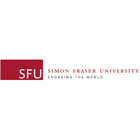生态修复理学硕士
Master of Science in Ecological Restoration

学历文凭
Masters Degree

专业院系

开学时间

课程时长

课程学费

国际学生入学条件
IDP—雅思考试联合主办方

雅思考试总分
7.0
- 雅思总分:7
- 托福网考总分:93
- 托福笔试总分:580
- 其他语言考试:Pearson Academic (PTE) - overall 65; minimum 60 in all the sections
CRICOS代码:
申请截止日期: 请与IDP联系 以获取详细信息。
课程简介
A highly qualified talent pool is urgently needed in Canada’s ecological restoration industry. This master’s program will provide students with the critical thinking and experiential skills to be leaders and educators in the rapidly developing ecological restoration industry. The unique, shared institutional curriculum will produce graduates with an integrated body of knowledge, methods, and tools for advancing the practice and science of restoring degraded ecosystems. The program will establish a unique interdisciplinary and inter-institutional curriculum that provides students with an integrated science-based body of knowledge and skills necessary to meet the challenge of delivering effective and successful restoration programs. Given that there are so few graduate programs with this specialization in North America, the proposed program will advance the knowledge and practice of ecosystem restoration in Canada and internationally.
相关申请
 预科
预科 奖学金
奖学金 实习机会
实习机会 在校学习
在校学习 跨境学习
跨境学习 校园授课-线上开始
校园授课-线上开始 在线/远程学习
在线/远程学习
开学时间&学费
学费信息仅供参考,请与IDP联系以获取详细信息
| 开学时间 | 时长 | 学费 | 地点 |
|---|
学校排名

世界排名251
数据源:
泰晤士高等教育世界大学排名
关于西蒙菲莎大学
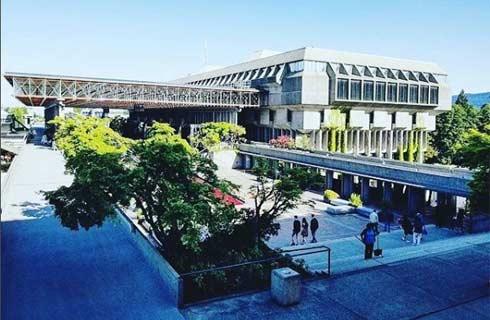
西蒙弗雷泽大学(SFU)成立于 1965 年,是加拿大不列颠哥伦比亚省的一所公立研究型大学,拥有极高的学术声誉和近 70 年的创新与卓越传统。SFU 提供全面的本科、研究生和继续专业发展课程,涵盖广泛的学科领域。有 350 多个本科课程可供选择,包括证书、文凭、学士后学位、学位、专业、联合专业、荣誉、联合荣誉等。该大学还提供近 150 个研究生课程,包括硕士学位、博士学位以及一系列研究生证书和文凭。该大学以其强大的研究和创新文化而闻名,旨在开展对社区产生积极影响的工作,同时发展强大的合作伙伴网络。SFU 由位于不列颠哥伦比亚省大温哥华地区的三个充满活力的大学校园组成。本那比校区是最初也是最大的校区。本那比校区位于本那比山顶,素里校区和温哥华校区分别位于市区内。三个校区均可乘坐公共交通到达,在校学生超过 37000 名,其中包括来自全球 130 多个国家的 8000 多名留学生。SFU 拥有强大的体育项目,他们的球队是美国境外第一个也是唯一一个参加著名的全国大学生体育协会(NCAA)比赛的体育项目。SFU 目前蝉联加拿大综合性大学第一名(麦克林大学排名),并在《泰晤士高等教育》世界大学排名和世界大学创新排名中名列前茅。
本校相关课程

资源与环境管理资源管理硕士
学历文凭
Masters Degree
开学日期
课程费用总额

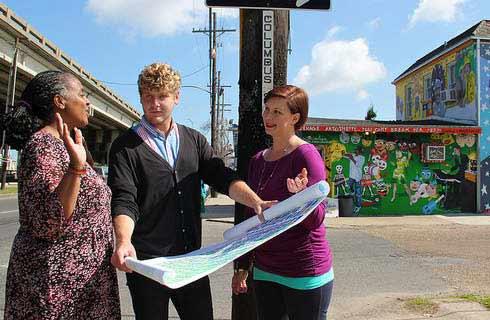
计算科学哲学博士
学历文凭
Ph.D.
开学日期
课程费用总额

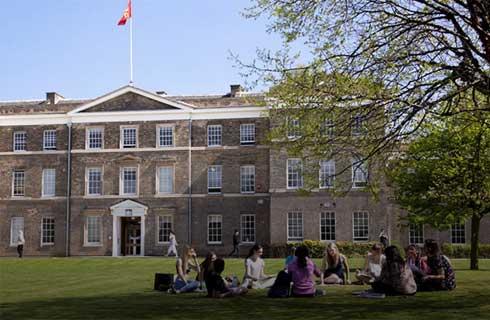
音乐学学士
学历文凭
Bachelor Degree
开学日期
课程费用总额


艺术学士学位
学历文凭
Bachelor Degree
开学日期
课程费用总额


舞蹈艺术学士(荣誉学位)
学历文凭
Bachelor Degree with Honours
开学日期
课程费用总额


政治学文学硕士
学历文凭
Masters Degree
开学日期
课程费用总额

其他相关课程

北方生态学哲学博士
 劳伦森大学
劳伦森大学学历文凭
Ph.D.
开学日期
课程费用总额


生态修复理学士(荣誉学位)
 特伦特大学
特伦特大学学历文凭
Bachelor Degree with Honours
开学日期
课程费用总额

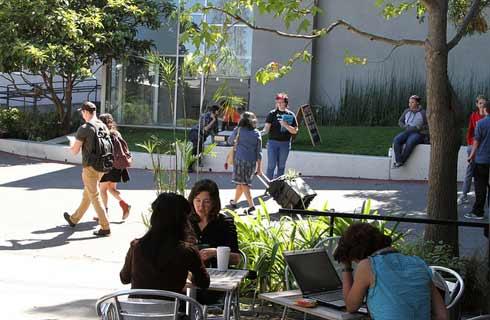
农业生态学学士
 曼尼托巴大学
曼尼托巴大学学历文凭
Bachelor Degree
开学日期
课程费用总额

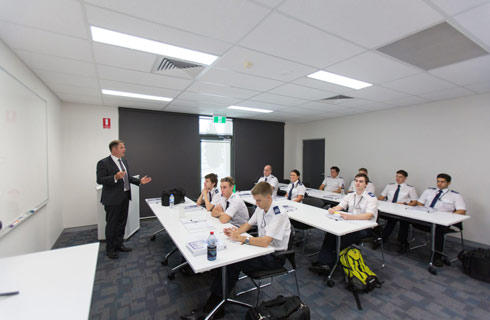
可再生资源哲学博士
 麦吉尔大学继续教育学院
麦吉尔大学继续教育学院学历文凭
Ph.D.
开学日期
课程费用总额

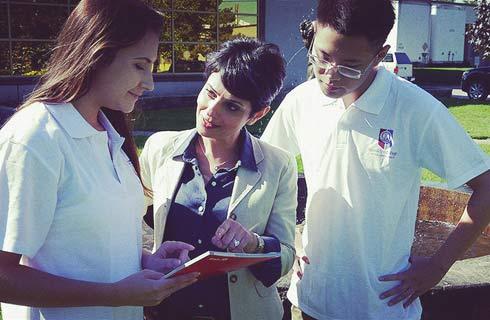
生态学学士
 卡尔加里大学
卡尔加里大学学历文凭
Bachelor Degree
开学日期
课程费用总额


家庭生态与实践理学硕士(基于论文)
 阿尔伯塔大学
阿尔伯塔大学泰晤士高等教育世界大学排名:119
学历文凭
Masters Degree
开学日期
课程费用总额









